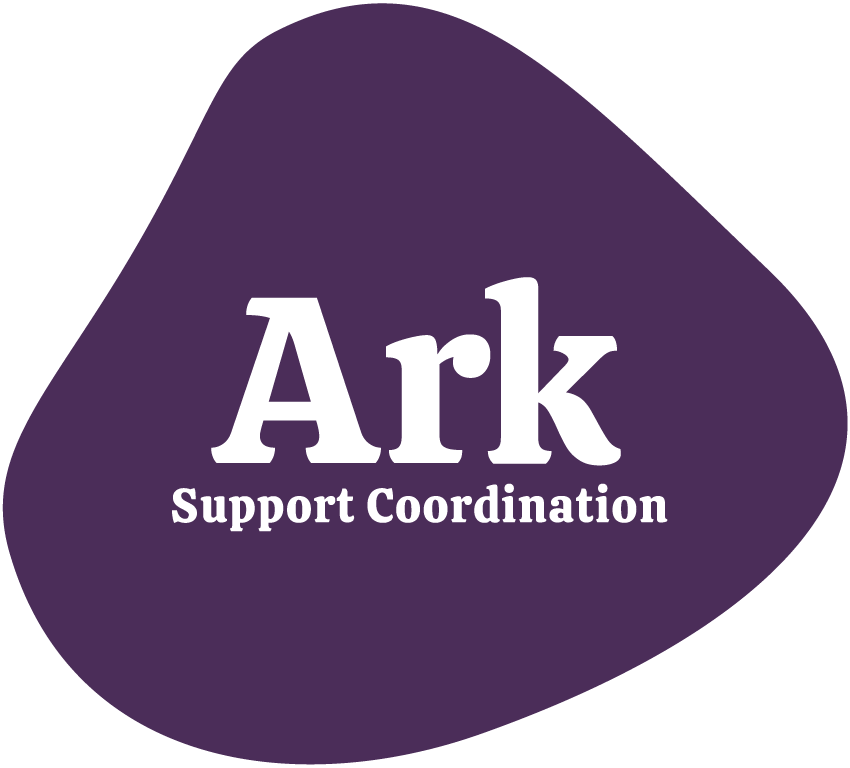Specialist Support Coordination in Remote Australia
Our experience and takeaways from working on breathtaking Mirawoong, Kija, Jaru and Yawuru Country.
Providing Specialist Support Coordination in remote Australia is a dynamic, rewarding experience. From the breathtaking natural landscape to the connections with the community, there is nothing quite like working in the Kimberley.
Working across Goonoonoorrang Kununurra and Rubibi Broome, we have learned the importance of adaptability, trust, and relationship-building in navigating the unique challenges of working in rural and remote W.A.
To give you an idea of how the role of a Specialist Support Coordinator in rural W.A. may differ from the city, here's a glimpse into the nuances of providing NDIS services in rural Australia.
Thank you to our teammate Ben for providing us with these gorgeous photos!
Building Relationships with the Community
Working as an NDIS Support Coordinator in rural and remote locations, we engage with individuals with a community aspect in mind. Often working alongside and supporting a participant, we interact with extended families, meeting uncles, aunties, and other community members. It is an enriching approach, getting to know many people in the community, building relationships and listening to stories while working towards a shared goal.
We've found this authentic relationship-building to be vital in establishing trust as a provider.
Living in a small town like Kununurra or Broome, it's not uncommon to bump into clients or other providers while out and about in town. You find out quickly that everyone really does know everyone, and the relationships you build with local stakeholders—mental health services, occupational therapists (OTs), speech pathologists—are crucial.
In smaller towns, collaboration between providers is key in providing holistic support for participants. As a rural NDIS provider, we have fewer resources and services to support participants than in urban areas. As a result of this, the support network is strong. We are often working together to get things done.
A Flexible Pace: Meeting Clients Where They're At
Those new to the country quickly note the change of pace they feel compared to the city. We certainly see this change of pace reflected in our work. While a city-based Specialist Support Coordinator may have a packed schedule with back-to-back meetings, rural coordinators need to adjust to the flow of the community. This means being open to impromptu meetings, responding to last-minute schedule changes, and, most importantly, understanding things may take a little longer on 'Kimberley time.'
Not all clients have the same access to technology, such as SMS, email, or reliable internet. This makes face-to-face interactions even more important. If we had a meeting with a colleague and a client we've been trying to reach pops in; we may have to reschedule a non-urgent meeting. Being willing to go with the flow, be flexible and embrace the pace of the rural lifestyle is essential to working alongside participants here.
One of the ways we do this is by meeting clients where they're at—literally. Remote Specialist Support Coordinators will often meet in local parks, in the shopping centre, or by the river if the participant feels more comfortable there than in the office.
Privilege and Challenges: Working in a Remote Location
The privilege of working in a remote community cannot be understated. There's something deeply enriching about living and working in close-knit communities, hearing stories from elders and people living there for generations. And let's not forget the landscape.
It is certainly a contrast to being an NDIS Support Coordinator in Perth; instead of traffic and suburban sprawl, we see red dirt and kangaroos on the way to client visits. The ability to explore the breathtaking Kimberly on our weekends is not taken for granted. But working in this beautiful part of the country is not without its challenges. Those living in rural and remote Australia face significant geographical barriers to accessing adequate health care.
According to the Australian Institute of Health and Welfare, for every 100,000 people, major cities have 44% more medical practitioners and 28% more allied health professionals than very remote Australia.
Further, 44% of Indigenous Australians live in regional areas and 21% in remote communities. Indigenous Australians are 1.5 times more likely than non-Indigenous Australians to have a disability or restrictive long-term health condition. As of March 2022, there were 37,313 First Nations NDIS participants, and roughly 10% live in remote locations.
Fewer NDIS providers mean fewer options for participants. This goes against a fundamental part of the scheme, having a deep market of providers to choose from to maintain choice and control.
This means that as Specialist Support Coordinators in rural W.A., we work closely alongside our participants to navigate the geographical limitations while assessing options to find and provide the services they need. It's also where the relationship building comes in. With trusted stakeholders, you work towards a common goal, understanding the rural market limitations whilst striving to provide the services clients need most.
It is not lost on us the privilege of working as Specialist Support Coordinators in rural W.A. The opportunity to work closely with participants, their supports, and community members, fostering strong relationships while working to understand the needs of the individual as part of the broader community.
Everyone looks out for one another in a close-knit network of providers where the service you can provide has a lasting impact, which outweighs any geographical challenges that come with rural life. We hope this blog post offers insight into the experiences of Specialist Support Coordinators and other NDIS providers in rural and remote Australia.
Contact us with any questions about our service delivery or if you or someone you support is looking for a Specialist Support Coordinator in remote W.A.
If you’re interested in more blog posts on NDIS services in rural and remote areas, check out our previous blog posts NDIS Services In Rural And Remote Australia and What Can Be Done to Improve Thin NDIS Markets?





